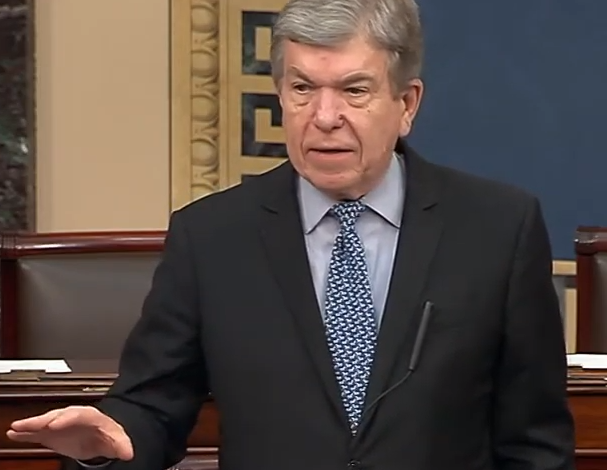$135 million for expanded coronavirus testing in Missouri

Today, U.S. Senator Roy Blunt (Mo.), Chairman of the Senate Appropriations Subcommittee on Labor, Health and Human Services, Education and Related Agencies (Labor/HHS), announced that Missouri will receive an additional $135 million through the Department of Health and Human Services to expand coronavirus testing capabilities.
“Expanding coronavirus testing capacity is critical to making sure people have the information they need to stop the spread of this disease,” said Blunt. “As we increase testing, we can more confidently move forward with fully reopening schools and businesses. This latest round of funding will provide additional support for our state’s coronavirus response efforts, including increasing access to testing and reducing the time it takes to analyze test results. Additionally, this funding will go toward improving contact tracing, which is a critical component of stopping the transmission of COVID-19. At the same time, I’m encouraged to see more than 1,000 developers have begun applying to work with the National Institutes of Health to create new technologies to ramp up the speed and scale of testing even further. This will continue to be an area I’m focused on as we work to protect public health and get our economy moving again.”
The funding announced today was included in the Blunt-backed Paycheck Protection Program and Health Care Enhancement Act and will be used to develop, purchase, administer, process, and analyze coronavirus tests, scale-up laboratory capacity, trace contacts, and support employer testing.
As Labor/HHS chairman, Blunt has led efforts to expand COVID-19 testing capacity. In addition to the above funding, Blunt and U.S. Senator Lamar Alexander (Tenn.) developed a “Shark Tank”-style initiative at the National Institutes of Health (NIH) to leverage public-private partnerships to accelerate the development of new COVID-19 testing technologies. At a Senate hearing last week, NIH Director Dr. Francis Collins said that more than 1,000 developers had already started applying for the program.



